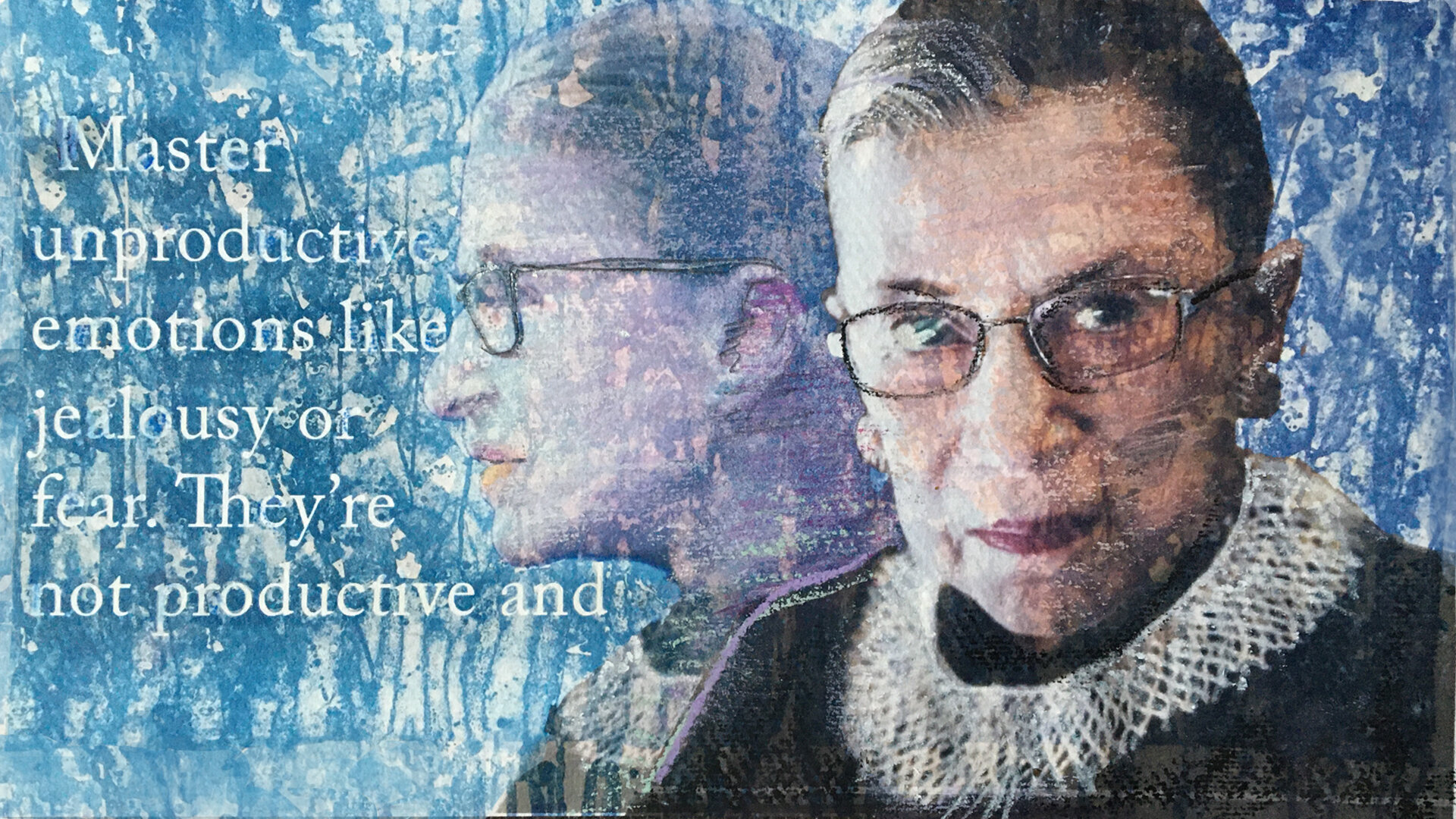JEFFREY ROSEN
/President & CEO · National Constitution Center · Contributing Editor of The Atlantic
Professor of Law at The George Washington University Law School
The Constitution expresses the Enlightenment faith. All human beings are born with natural rights that come from God or nature and not from government, and that it's the purpose of government to allow us to exercise our freedom. It's so rich and striking to see how the great thinkers who inspired the Founders of the American Constitution, beginning with the Greek and Roman philosophers Plato and Aristotle and the Stoics, and then continued through The Enlightenment, really were philosophers of happiness. And they believe that we have a right and a duty to pursue happiness, not by feeling good, but by being good. It's a classical notion of happiness rooted in virtue and civic virtue. It's both an individual and a political obligation. The individual obligation to pursue happiness is to master our perturbations of the mind, as Cicero put it, channeling Aristotle–anger, jealousy, and fear so that we can be guided by reason rather than passion and serve others and the public good. And then constitutions are formed to allow us to do that at the political level and to be governed by reason rather than passion, to slow down deliberation so that hasty factions don't crystallize and threaten liberty and equality, and to ensure that the government protects our natural rights rather than threatening them.


